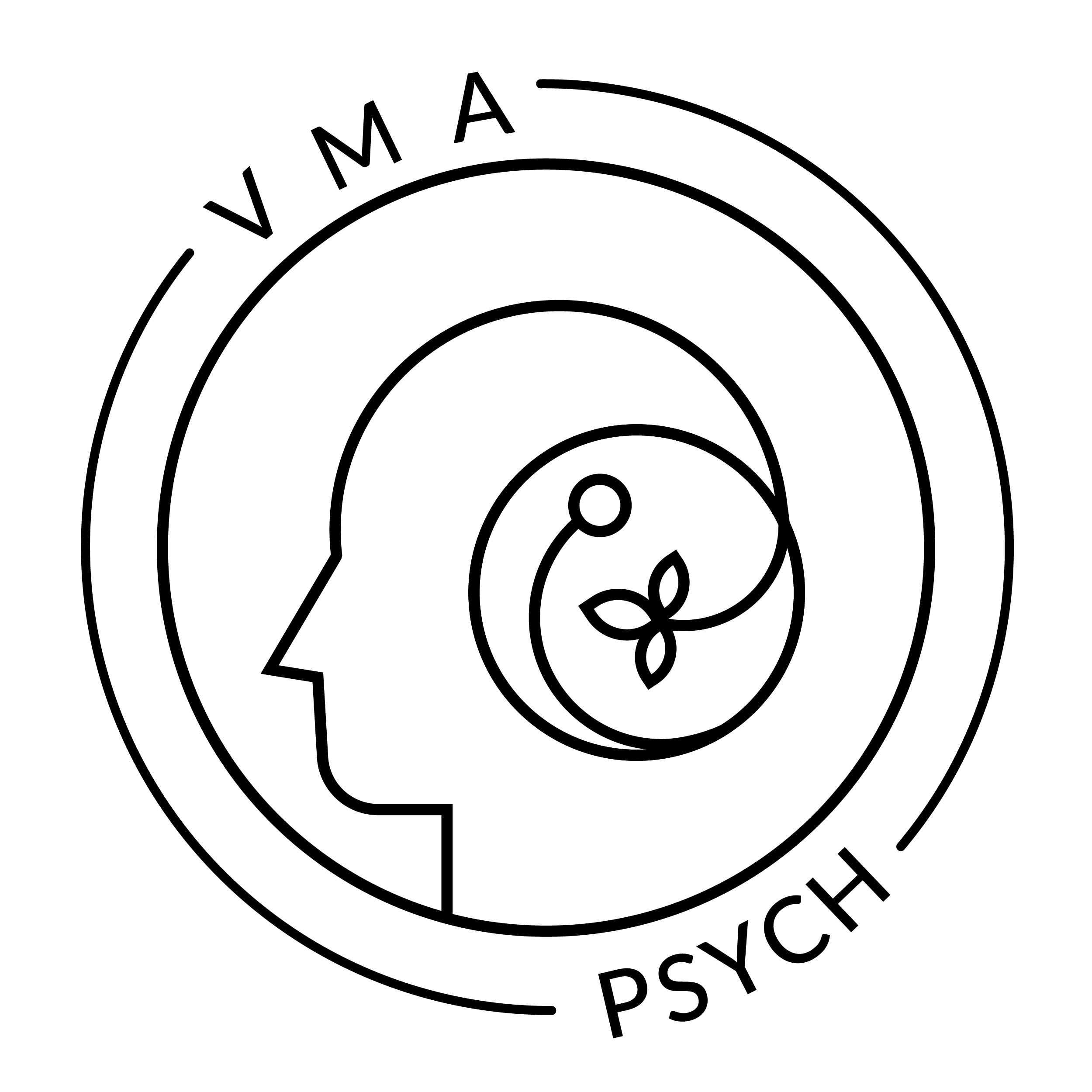What happens when you and your partner speak different love languages? Love languages —how individuals express and receive love—can deepen emotional intimacy but may also become a source of conflict when misunderstood. Couples counselling offers a valuable space to explore these differences, helping partners build bridges, foster understanding, and create deeper emotional connections. In this article, we’ll unpack the concept of love languages and explore how counselling can help bridge these gaps, ultimately strengthening your bond.
What Are Love Languages?
Love languages describe the unique ways people express and interpret love. Developed by Dr. Gary Chapman, this framework identifies five core love languages:
Words of Affirmation: Expressing love through kind words, compliments, and verbal encouragement.
Acts of Service: Demonstrating love by doing helpful tasks, such as cooking, cleaning, or running errands.
Receiving Gifts: Showing love through thoughtful gestures or meaningful tokens.
Quality Time: Building connection through focused, uninterrupted time together.
Physical Touch: Expressing affection through physical contact like hugs, kisses, or holding hands.
While understanding and honoring each other’s love language can enhance emotional connection, mismatched love languages are a common source of frustration in relationships if left unaddressed.
How Love Language Differences Impact Relationships

Common Challenges
When partners have different love languages, misunderstandings and frustrations can arise, even when both are trying to express love. For instance:
A partner who values quality time may feel neglected when their partner prioritizes acts of service instead of spending meaningful time together.
A partner whose love language is physical touch might feel unloved if their partner focuses on gift-giving instead.
These mismatches can lead to feelings of neglect or resentment, despite both partners’ efforts to show love in their own way.
Emotional Disconnect
When love isn’t expressed in ways that resonate with a partner, it can create emotional distance. This disconnect often manifests as:
Frustration: Feeling like efforts to express love are unnoticed or misunderstood.
Neglect: Believing one’s emotional needs are being overlooked.
Conflict: Experiencing disagreements stemming from unmet expectations.
Over time, these challenges can erode emotional intimacy, making it harder for partners to connect and support each other effectively.
The Role of Couples Counselling

Couples counselling can be transformative in helping partners navigate love language differences. A trained therapist provides a neutral, supportive space to explore needs, improve communication, and foster deeper understanding.
Understanding Each Other’s Love Language
Counsellors help partners identify and understand each other’s primary love languages. This shared awareness creates the foundation for more meaningful, intentional expressions of love. For example, a partner who values words of affirmation can learn how to connect with a partner who prioritizes acts of service.
Enhancing Communication
Couples counselling equips partners with tools to communicate more effectively, including::
How to express love in ways that resonate with your partner.
How to ask for what you need without criticism or blame.
How to actively listen to your partner’s needs and feelings.
These skills help partners bridge gaps and nurture a stronger, more empathetic connection.
Conflict Resolution
Misaligned love languages can often lead to conflict. Couples counselling can help resolve these disputes constructively by:
Encouraging open, honest discussions about frustrations.
Teaching conflict resolution techniques centred on compromise and mutual respect.
Helping partners appreciate each other’s efforts, even when they don’t align perfectly with their own love language.
Building Emotional Intimacy
Counsellors often incorporate practical exercises to help partners reconnect emotionally. These might include:
Gratitude Practices: Partners express appreciation for each other’s actions.
Regular Check-Ins: Scheduled time to discuss emotional needs and relationship goals.
Shared Activities: Engaging in activities that incorporate both partners’ love languages.
By fostering emotional intimacy, couples counselling helps partners build a stronger foundation for their relationship. For further information on couples counselling, check out our resource on how couples counselling can help your relationship
Tips for Navigating Love Language Differences
While professional counselling offers expert guidance, there are actionable steps you can take at home to better navigate love language differences:
1. Practice Active Listening
Listen to your partner’s feelings and needs without judgment. This may be difficult at first, especially if there are already tears in trust and communication, but truly hearing each other is the foundation for building trust and mutual respect.
2. Be Flexible and Compromise
Find ways to meet each other halfway. For example, if your partner values quality time but you prioritize acts of service, find ways to incorporate both, like cooking a meal together. Note: compromise should mean win/win, not lose/lose.
3. Express Your Needs Clearly
Don’t expect your partner to guess how you feel. Communicate your love language openly and explain how certain actions make you feel valued and appreciated.
4. Be Patient
Adjusting to each other’s love languages takes time. Approach the process with patience and a spirit of collaboration.
Benefits of Couples Counselling
Couples counselling offers numerous benefits for understanding and navigating love language differences, including:
Improved Communication: Learn to express and receive love effectively.
Stronger Emotional Intimacy: Rebuild and deepen emotional connection between partners.
Reduced Conflicts: Address misunderstandings and frustrations constructively.
Greater Relationship Satisfaction: Build a more harmonious and fulfilling partnership.
Take the Next Step Toward a Stronger Connection
If you and your partner are struggling to connect or understand each other’s love language, couples counselling can help. At VMA Psych, our experienced therapists specialize in guiding couples through challenges and fostering deeper connections.
Contact us today to book a session and take the first step toward a stronger, more fulfilling relationship.
Welcome to VMA Psych.
Your trusted provider of exceptional mental health services in the GTA & beyond. Learn More
With 40+ years as Toronto's leading psychologists, we guide individuals through life's complexities, offering specialized services for a brighter future.





















